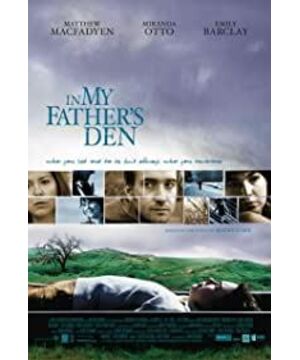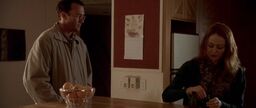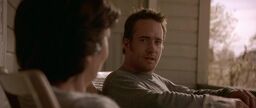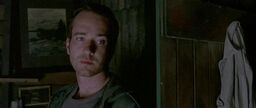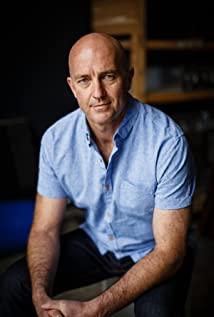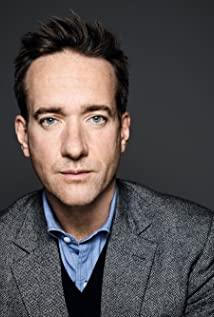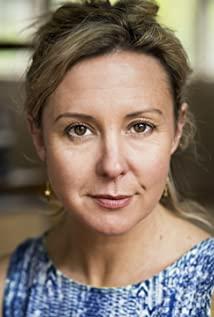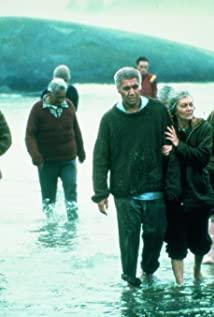The four words of family tragedy should be able to sum up, and the process of the story is in a state of distraction. The gap between Paul and Andrew brothers, between Paul and his first girlfriend Jax, is deep because of the irreparable past. And between the two generations, the former Paul and the mysterious and unusual father, the depressed mother and Oedipus’ younger brother Andrew, as well as Celia, who had been wise seventeen years later, and Paul, who had experienced worldly affairs, after the truth was revealed. Still puzzling.
This film is based on the 1972 novel of the same name by New Zealand writer Maurice Gee, and is the only feature feature film of the late New Zealand director Brad McGann. I really want to read a novel. It is said that there are more in-depth descriptions of the two main lines of the story (one is in the memory, which can be said to be a dark line), namely the relationship between Paul and his father and later with Celia.
In the novel, Celia's death is placed at the beginning. Imagine that the dark blue feeling given to me by the movie may turn to gray and black. When I was watching a movie recently, I noticed that after Celia with a broken knee followed Paul into the woods, the shady time was longer, and the police questioned the scene afterwards. From then on, Paul recalled his childhood and adolescence in the two periods before and after Celia's disappearance. These three time clues were parallel, repeated and in-depth, and the director or author's ability to control can be seen.
One Day the Tide Went Away. Without Celia's text creation and voiceover, the film would be less appealing in the process of people looking for and losing and having to face the past at the same time. The mysterious and deep text always fits the tone of the film and the development of the story.
It is by no means pure suspense. The truth of the secretly pushing everything is ultimately a bit dark, but the branches that arise between the development and connection of the characters are always intriguing.
As the central character of Paul, the movie changed his role from a teacher in the novel to a war reporter who has experienced much criticism, and an overwhelming shadow is inserted in it. The extraordinary experience can be said to have created a more complex personality of the character. Raising the shotgun at Andrew, and howling desperately after the truth came out, he sadly removed the suspicion, but he was not an innocent character. Facing the tragedy, he chose to flee at the age of seventeen. The confession of "I am afraid to see you" to Jax showed his cowardice. In the face of another tragedy seventeen years later, we can only see him burn down the hut as the soul of the story, embracing the distraught Jax in the flames.
Celia is the most complete in this story. The "you people" spoken contemptuously before death and the smile on the face were swept by the undercurrents in front of the audience.
In My Father's Den (in fact, den here means a secret room, not a cave.), father. Paul once thought that he was Celia's father, maybe it was the lack of Celia's father's love that made them cherish each other but still be ambiguous. Andrew and Jonathan do not have a father and son in common, so you can compare them. In Paul's memory, the extremely enlightened but deep-hidden father, turned out to be the source of the sins of this family tragedy. I don't know how to end it yet.
View more about In My Father's Den reviews


